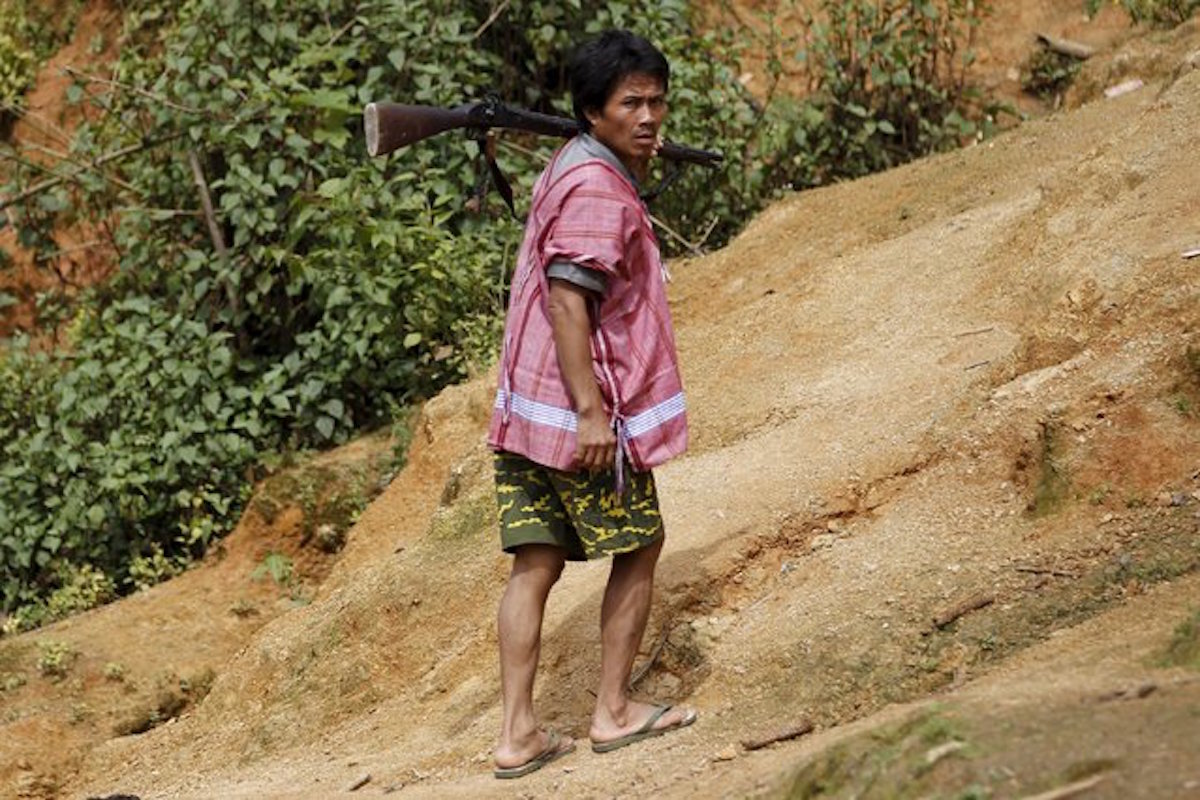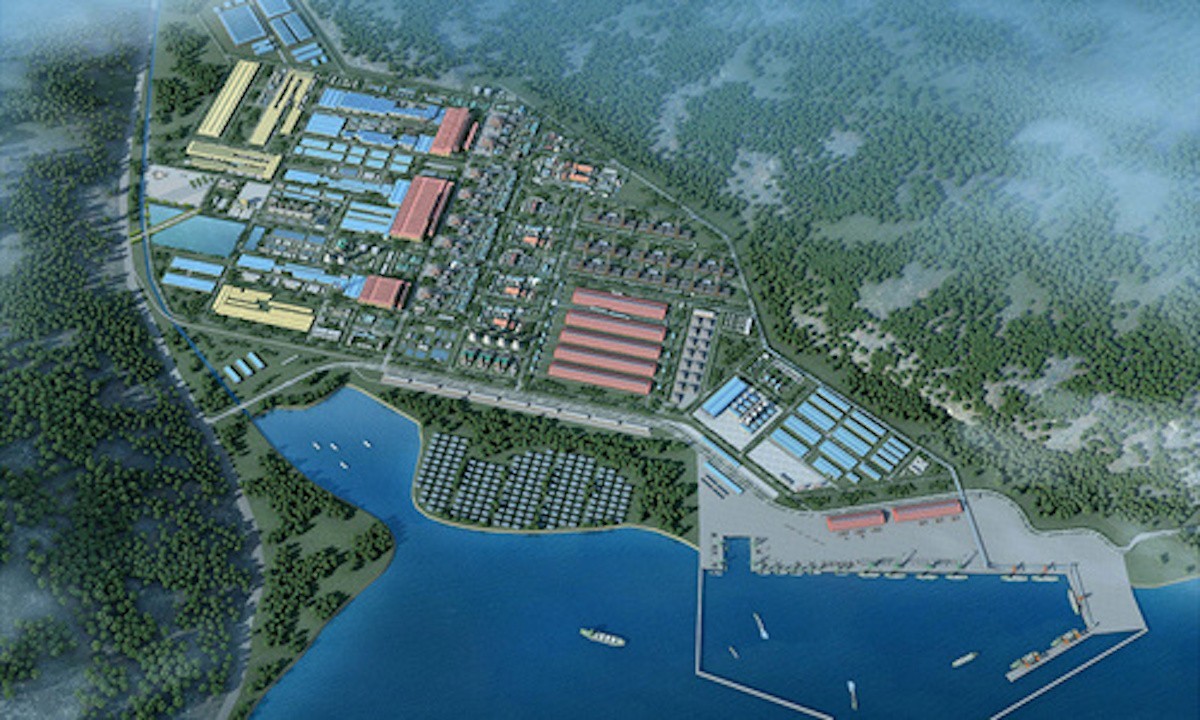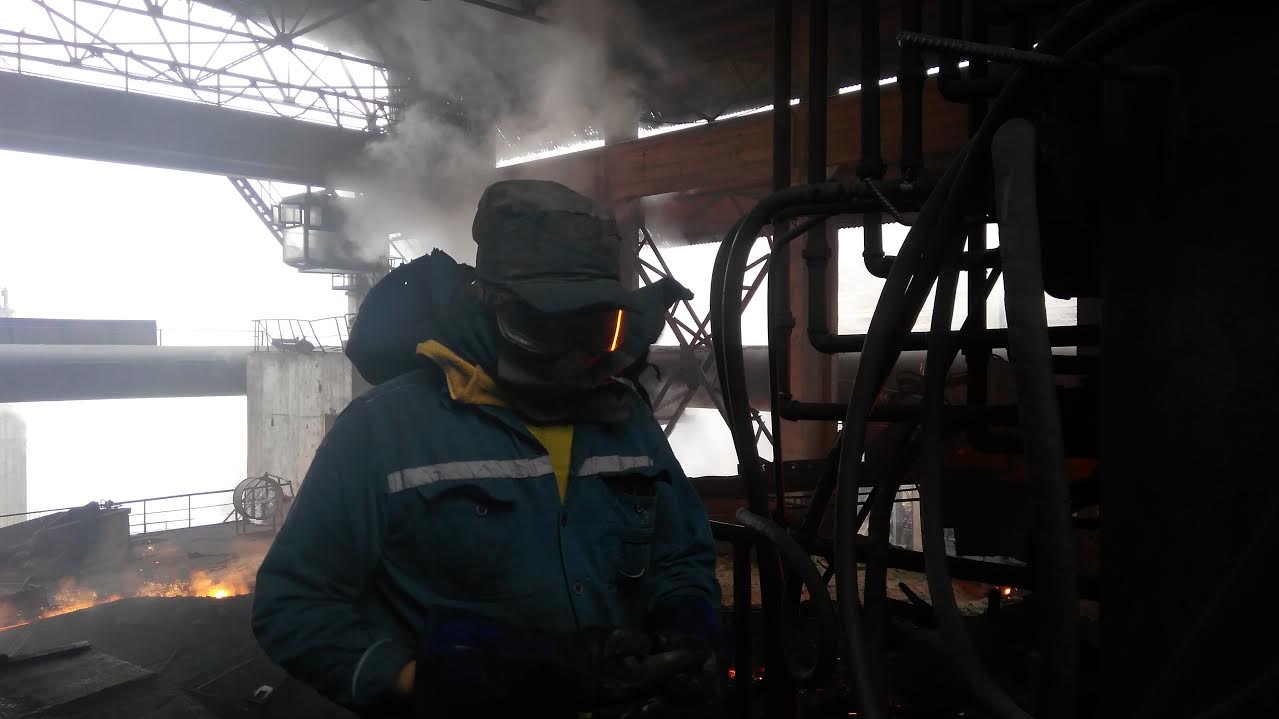The new management at the Australian mining firm Eumeralla Resources has decided not to further pursue mining opportunities in eastern Burma, following a three-year wait for permits. The Perth-based firm, which is currently undergoing a restructuring and name change, had been seeking to explore for minerals in a corner of Karenni State that has been beset by decades of conflict.
Eumeralla and its local partner, Myanmar Energy Resources Group (MERG), filled out an application with government officials in July 2013 through their local joint venture company seeking permission to explore a 400-kilometer square area in eastern Karenni State’s Hpasawng Township—also known as Hpahsaung or Pasaung—for tin and tungsten. The firm had claimed that when approved, the exploration lease “would be one of the largest foreign held concessions in Myanmar [Burma].”
Eumeralla noted in a filing with the Australian Securities Exchange from December that the application had been subject to “continuous delays.” A prospectus released by Eumeralla in late March noted that its new management “do not intend to pursue existing opportunities in Myanmar.”
In the prospectus, the firm also stated that intends to divest or relinquish its 70 percent stake in Mawsaki Mining, its local Burmese joint venture which had filed the permit applications. According to Eumeralla’s filing, its partner MERG owns the remaining 30 percent stake in Mawsaki.
Local Karenni State-based environmental group the Molo Women Mining Watch Network (MWMWN) alleged in a report released in October 2013 that the head of the Karenni National People’s Liberation Front (KNPLF), a militia group active Karenni State, was behind Mawsaki.
Since 1994, the KNPLF have been in a ceasefire with the central government. Tun Kyaw, who oversaw the official transformation of the KNPLF into a border guard force (BGF) in 2009, is said to hold sway over two KNPLF BGF units that operate in the state, one of which is based in Hpasawng Township.
Hpasawng Township is also home to the Mawchi mine, a site that during colonial times was considered one of the biggest tin and tungsten mining areas in the world. Decades of conflict in Karenni State saw the military and ethnic armed groups vie for control of Mawchi.
News that the Eumeralla—whose shares are listed on the Australian Stock Exchange (ASX)—had decided to forgo its effort to explore in Karenni State will be of little surprise to observers of Burma’s mining industry. Hpasawng Township remains a highly militarized area home to both the army, the KNPLF, and the Karenni National Progressive Party (KNPP), an armed group who has yet to sign the nationwide ceasefire agreement (NCA). Although none of the groups are currently fighting against the central government, the military also maintains a strong presence in the area. Launching an extensive search for minerals in such an environment would almost certainly have been challenging, in particular because landmines are known to be present throughout the area.
In addition to Eumeralla, several other relatively small Western mining firms have in recent years sought permits to explore for minerals in resource rich parts of Burma that have been home to long-running conflicts. One such firm, Aurasian Minerals, applied in December 2014 for exploration permits in a jade-producing part of Kachin State, where clashes between the military and the Kachin Independence Organization (KIO) remain ongoing, before eventually withdrawing the following year, citing the “security situation.”
Asia Pacific Mining Limited, (APML), a Hong Kong-based firm headed by a veteran of the Australian mining industry, submitted permits to explore for lead, zinc and silver in northern Shan State. Days after APML’s exploration permit was approved in October 2014 by Burmese authorities, deadly clashes broke out near the concession area. Much of the countryside in Northern Shan State remains a conflict zone with clashes between army and several armed groups regularly occurring.
A number of activists and environmental organizations have called for Burma to put in place a moratorium on natural resource and development projects in conflict-affected parts of the country, like Karenni, Shan and Kachin states, until a lasting peace is put in place. These calls have so far yet to be heeded by the central government.
Eumeralla announced in December last year that it would acquire Ausmex Mining, a privately held mining firm connected to Australian mining entrepreneur Wayne McCrae. Eumeralla will change its name to Ausmex Mining Group Limited. After the takeover is completed, McCrae is expected to hold a 27.3 percent stake in the newly merged firm.





